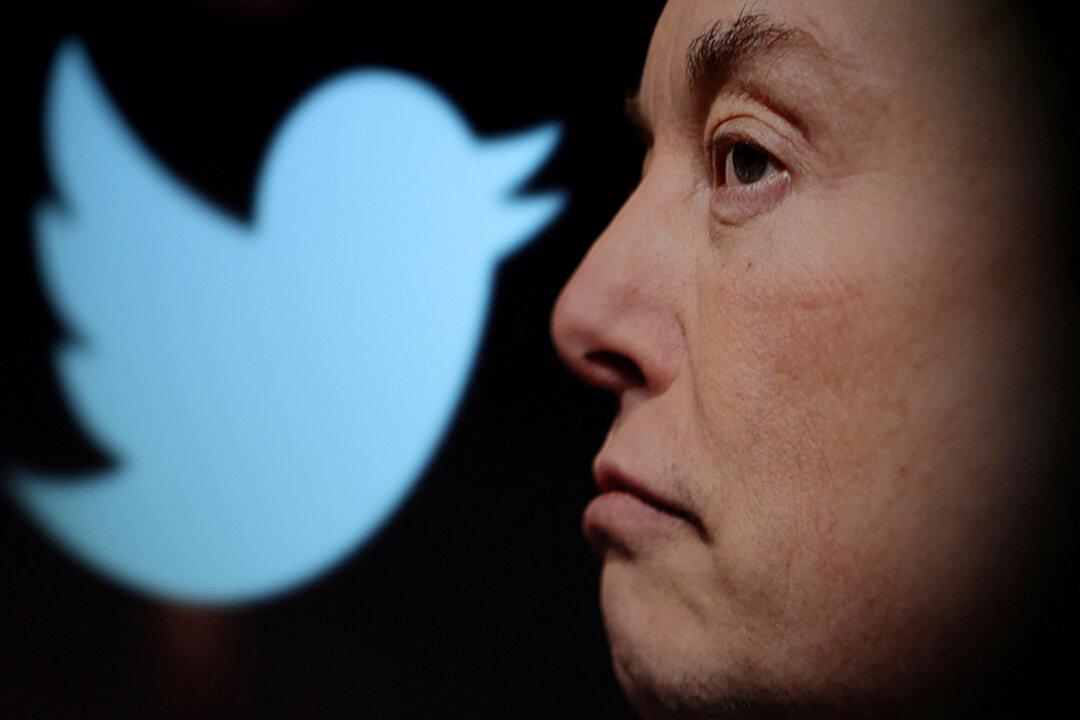The number of accounts that are being suspended by Twitter on a daily basis for sharing child sexual abuse and exploitation material has nearly doubled since Elon Musk took over, according to a cyber security and data analyst.
Andrea Stroppa, the founder of the cybersecurity group Ghost Data, has been working as an independent researcher on Twitter’s Trust and Safety team in recent weeks and contributed to a report (pdf) in September that found over 500 active Twitter accounts had openly shared or requested child pornography from Sept. 1 to 20.




